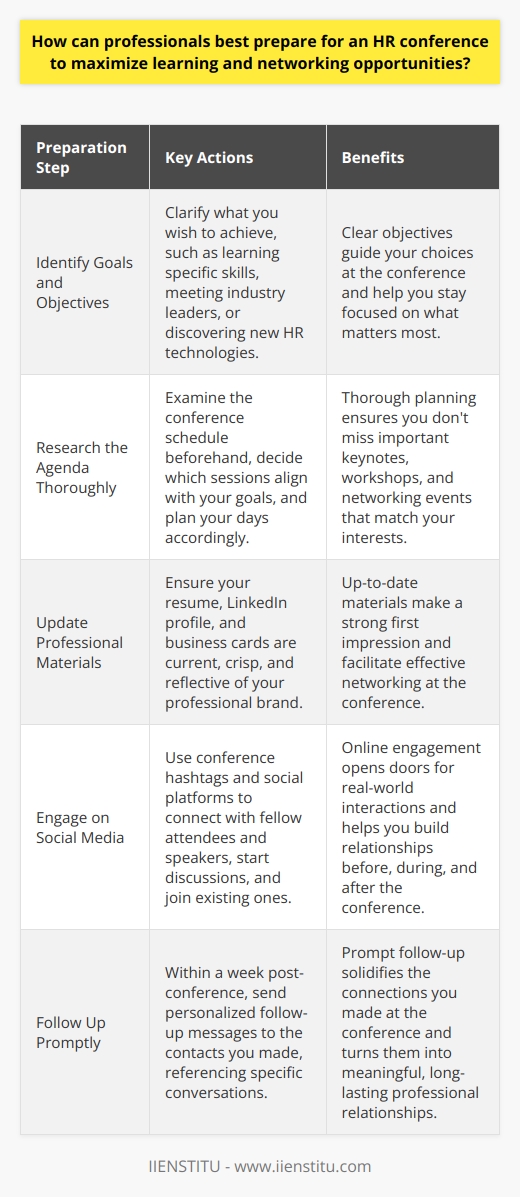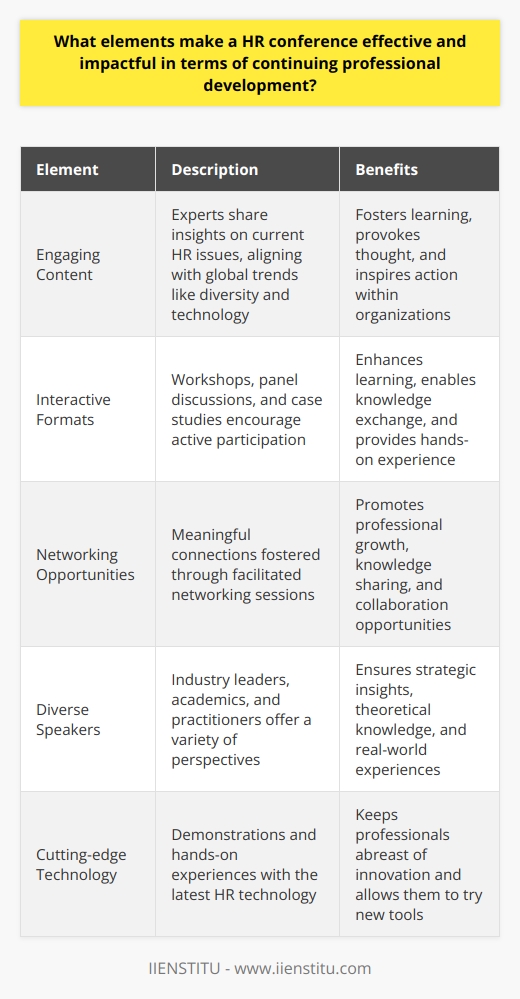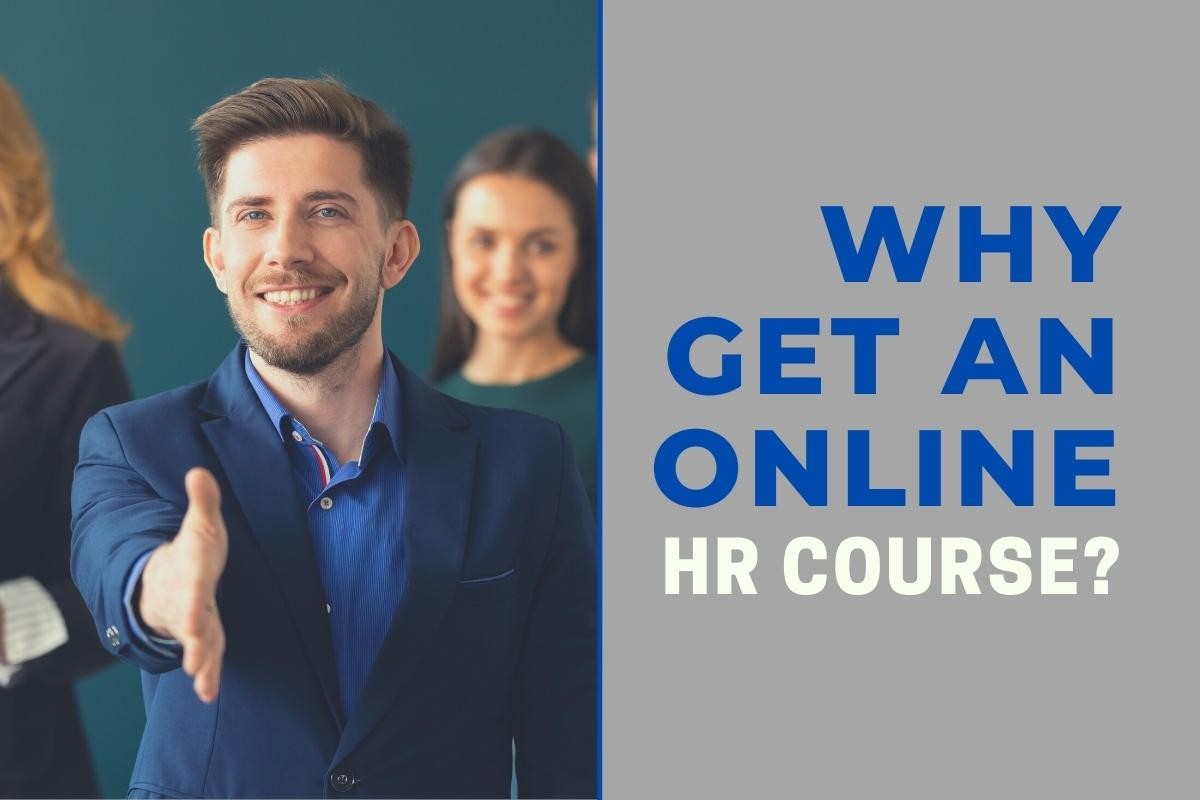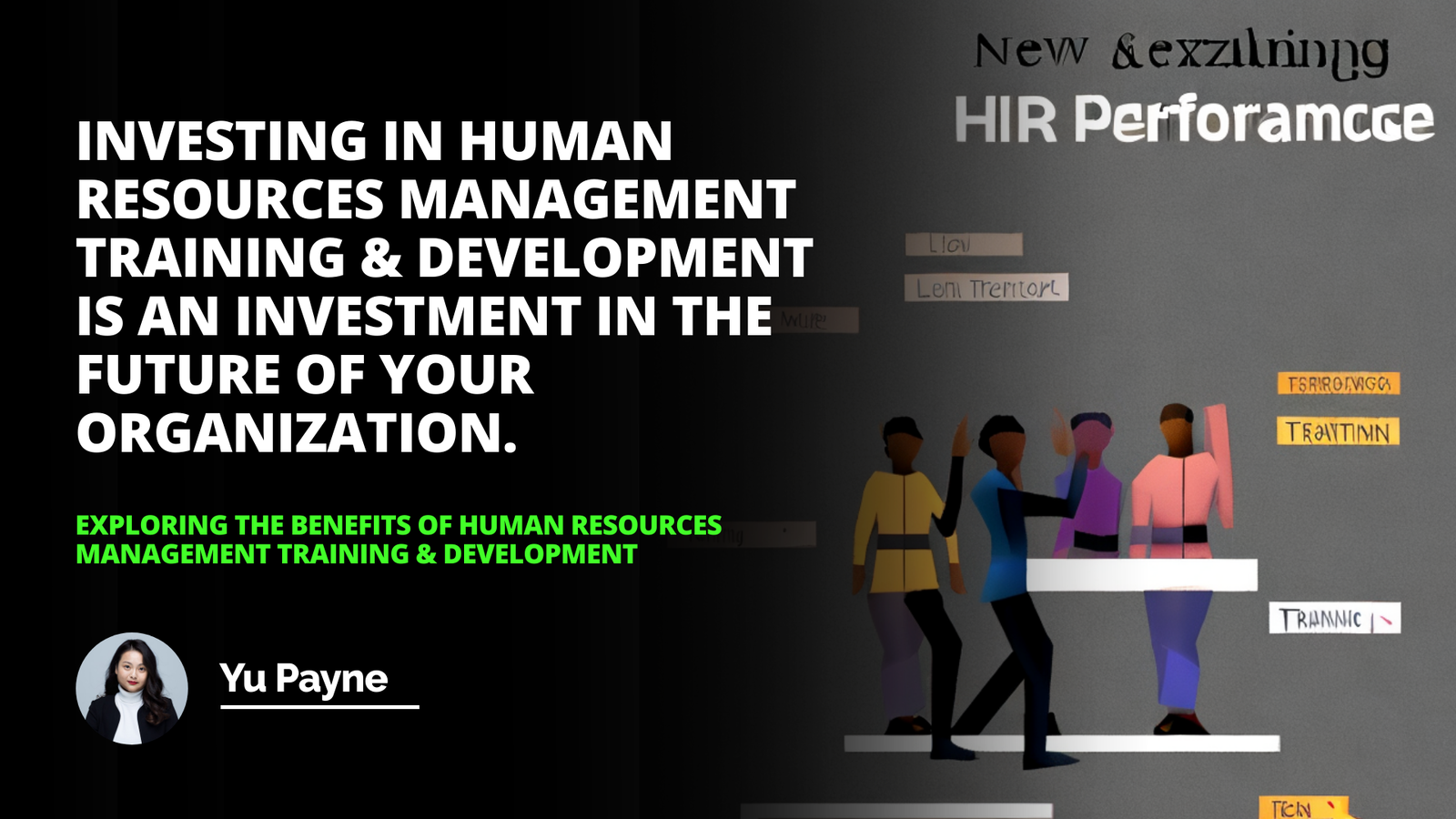
The Importance of HR Conferences in Professional Development
The landscape of Human Resources (HR) is continuously evolving, with new challenges and innovations arising regularly. An HR Conference--paramount in catering to these changes--serves as a nexus for HR professionals, corporate leaders, and organizational development researchers. These conferences are instrumental in exchanging ideas, learning about the latest trends, and discussing questions that shape the future of workplaces. As someone who has attended numerous HR conferences over the years, I can attest to their immense value in my own professional growth. From the thought-provoking keynote speeches to the engaging workshops and networking opportunities, each conference has left me with new insights and connections that have greatly impacted my career.
One of my most memorable conference experiences was at the SHRM Annual Conference a few years back. I remember walking into the massive convention center, feeling a mix of excitement and nervousness as I looked at the sea of HR professionals from all over the world. The energy in the room was palpable, and I couldn't wait to dive into the sessions and soak up all the knowledge I could. The opening keynote speech by a renowned HR thought leader set the tone for the rest of the conference, inspiring us to think creatively about the challenges facing our industry and how we could be agents of change within our organizations.
Throughout the conference, I attended various workshops and breakout sessions, each one providing valuable takeaways that I could immediately apply to my work. One session that particularly resonated with me was on the topic of employee engagement and retention. The speaker shared case studies and best practices from companies that had successfully implemented innovative engagement strategies, and I left the session with a notebook full of ideas to bring back to my own team.
But perhaps the most valuable aspect of the conference was the opportunity to network with my peers. I met HR professionals from a wide range of industries and backgrounds, each with their own unique perspectives and experiences to share. Over coffee breaks and lunch discussions, we exchanged ideas, shared challenges, and brainstormed solutions together. These conversations not only expanded my knowledge but also helped me build a network of supportive colleagues that I could turn to for advice and collaboration long after the conference ended.
This article offers a comprehensive overview of HR Conferences, aiding attendees in understanding their importance, the crux of successful events, and how to fully leverage their potential for maximum professional enrichment.
The Importance of HR Conferences
HR Conferences are milestones in the ongoing journey of professional development. They provide an excellent platform for HR practitioners to update their knowledge base, mingle with industry peers, and stay abreast of best practices. A detailed exploration of the significance of these gatherings reveals a wealth of benefits. Firstly, these events catalyze professional growth by exposing attendees to seasoned experts and a plethora of informational resources; they define a roadmap for career progression that might otherwise be obfuscated by the day-to-day grind.
Central to the discussion is how HR conferences pinpoint the pulse of the industry, showcasing new policies, technological advancements, and methodologies. They are the incubators where today's trends become tomorrow's standards. By engaging with these evolutionary topics, HR professionals ensure that their practices remain relevant and impactful. As noted in Ulrich and Brockbank's seminal work, The HR Value Proposition, "HR professionals must be able to anticipate and adapt to changing business conditions, and conferences provide a critical forum for staying ahead of the curve" (Ulrich & Brockbank, 2005, p. 212).
Notably, HR conferences act as think tanks, encouraging participants to reflect on their strategies and, by extension, offering a runway for achieving both individual and corporate objectives. The collaborative nature of these events fosters a sense of community and shared purpose among attendees, as highlighted by Schein in his book Organizational Culture and Leadership: "Conferences serve as cultural islands where professionals can step outside their daily routines and engage in collective reflection and learning" (Schein, 2010, p. 365).
Key Elements of a Successful HR Conference
A successful HR Conference is a symphony of components working in harmony to deliver value that resonates long after the event. Critical to this success is the quality of content and the credibility of expert speakers. Session holders and thought leaders ascend these platforms to share their wisdom, accumulated through years of hands-on experience. Attendees expect to be challenged and enlightened by presentations that do not merely skim the surface but delve deeply into pertinent topics.
Quality content and expert speakers
The substance of an HR conference lies in its content, aiming to captivate, inform, and inspire the attendees. Expert speakers, often luminaries with a robust background, are tasked with transforming complex concepts into engaging narratives. By relaying their wisdom, these speakers not only educate but also ignite the spark for innovation within the professionals in the audience. As Groysberg and Slind emphasize in their book Talk, Inc., "Great speakers have the power to transform passive listeners into active participants, ready to apply new insights to their work" (Groysberg & Slind, 2012, p. 98).
Relevant and engaging workshops
Workshops are interactive forums where theory meets practice. These sessions, guided by industry veterans, focus on the application of new skills in a collaborative setting. The engaging nature of workshops allows attendees to experiment with novel ideas within the safety net of peer review, fostering an environment where experiential learning takes center stage. The importance of workshops is underscored by Kolb's Experiential Learning Theory, which posits that "learning is the process whereby knowledge is created through the transformation of experience" (Kolb, 1984, p. 38).
Networking opportunities
Another cornerstone of HR conferences is the opportunity to network. Connections made during these events often lead to collaborative projects, mentorship, or even career advancement. To truly benefit, professionals must approach networking as an avenue to exchange insights and foster relationships, not merely as a transactional activity. As Pink notes in his book To Sell Is Human, "Networking is not about collecting business cards; it's about building genuine relationships based on mutual value and trust" (Pink, 2012, p. 215).
Vendor exhibitions
Vendor exhibitions present an opportunity to explore new products and services, potentially revolutionizing the way HR departments operate. These exhibitions are not only showrooms of innovation but also forums for direct feedback between producers and end-users, driving the market's pulse forward. As Boudreau and Ramstad argue in their book Beyond HR, "Vendor exhibitions provide a unique opportunity for HR professionals to stay at the forefront of technological advancements and identify solutions that can enhance their organization's effectiveness" (Boudreau & Ramstad, 2007, p. 189).
Essential Topics to be Discussed in an HR Conference
The agenda of an HR Conference should reflect the paramount topics within the HR realm. It should act as a compass for professionals to guide them towards essential knowledge and practices.
The evolving role of HR in the digital era
The digital transformation impacts HR profoundly, with technology reshaping everything from talent acquisition to performance analytics. These conferences must dissect the evolving role of HR in this context, helping professionals navigate and lead in an increasingly digitized world. As Deloitte's Global Human Capital Trends report highlights, "HR must embrace digital transformation to drive innovation, enhance employee experience, and deliver strategic value to the organization" (Deloitte, 2021, p. 7).
Importance of Diversity, Equity and Inclusion (DEI) in the workplace
Inclusivity in the workplace is not a trend but a transformative shift in corporate cultures. An effective HR conference tackles the nuances of DEI, offering strategies that advance equality and nurture diverse talent. As Thomas and Ely argue in their Harvard Business Review article "Making Differences Matter," "Organizations must go beyond surface-level diversity and create environments where all employees can thrive and contribute their unique perspectives" (Thomas & Ely, 1996, p. 84).
Impact of Artificial Intelligence and Automation on HR
AI and automation are revolutionizing HR processes. Understanding these technologies' impact is essential for HR professionals to adapt and implement them effectively within their organizations. As noted in Davenport and Kirby's book Only Humans Need Apply, "HR must proactively embrace AI and automation to augment human capabilities and drive organizational efficiency" (Davenport & Kirby, 2016, p. 127).
Strategies for talent acquisition and retention
Talent remains the most valuable asset in any company. Conferences are prime times to explore innovative strategies for attracting and retaining the best talent, a persistent challenge in the dynamic workplace landscape. As Cappelli emphasizes in his book Talent on Demand, "Organizations must adopt agile talent management strategies that align with the ever-changing business environment and employee expectations" (Cappelli, 2008, p. 63).
Tips to Maximize Benefits from HR Conferences
To maximize the takeaways from HR Conferences, attendees should employ certain strategies to enhance their conference experience, improve networking, and ensure post-conference follow-through.
Advancing your learning experience at conferences
Being proactive in session selection, asking questions, and taking notes are key practices to enhance learning. Additionally, engaging in follow-up discussions can solidify new concepts. As Silberman and Biech suggest in their book Active Training, "Participants should take an active role in their learning by setting personal goals, engaging with the content, and reflecting on their takeaways" (Silberman & Biech, 2015, p. 47).
Networking best practices during conferences
Approach networking with intent, setting goals for connecting with peers, mentors, and industry leaders. Be genuine and follow up after the event to cultivate meaningful relationships. As Ferrazzi and Raz emphasize in their book Never Eat Alone, "Networking is about developing authentic relationships based on mutual generosity and support" (Ferrazzi & Raz, 2014, p. 29).
Methods for post-conference follow-up
Ensure the new knowledge and connections from the conference are not lost in the shuffle of returning to daily routines. Implement newly learned strategies, share insights with colleagues, and maintain communication with new connections. As Kirkpatrick and Kirkpatrick note in their book Evaluating Training Programs, "The true value of a conference lies in the application of learning and the long-term impact on individual and organizational performance" (Kirkpatrick & Kirkpatrick, 2006, p. 17).
In conclusion, HR Conferences are invaluable for those invested in shaping the future of work. They provide a platform for growth, innovation, and collaboration that is critical for individuals and organizations aimed at staying at the forefront of HR practices. By embracing these events' educational offerings, networking opportunities, and industry insights, HR professionals can broaden their horizons and enhance their strategic impact. We encourage every HR practitioner to attend these conferences for continued professional development and to remain connected with the ever-progressing world of Human Resources.
SEO Keywords:
Upcoming HR conferences and events
Importance of HR conferences in professional development
HR conference networking strategies
Best HR conference topics for 2023
How to leverage AI and automation at HR events
Diversity Equity and Inclusion (DEI) focus in HR conferences
Tips for HR conference workshop engagement
Maximizing vendor exhibition opportunities at HR conferences
Role of digital transformation in HR conferences
Best practices for post-conference follow up in HR
References:
Boudreau, J. W., & Ramstad, P. M. (2007). Beyond HR: The new science of human capital. Harvard Business Press.
Cappelli, P. (2008). Talent on demand: Managing talent in an age of uncertainty. Harvard Business Press.
Davenport, T. H., & Kirby, J. (2016). Only humans need apply: Winners and losers in the age of smart machines. Harper Business.
Deloitte. (2021). 2021 Deloitte Global Human Capital Trends. Deloitte Insights.
Ferrazzi, K., & Raz, T. (2014). Never eat alone: And other secrets to success, one relationship at a time (Expanded and updated ed.). Currency.
Groysberg, B., & Slind, M. (2012). Talk, Inc.: How trusted leaders use conversation to power their organizations. Harvard Business Review Press.
Kirkpatrick, D. L., & Kirkpatrick, J. D. (2006). Evaluating training programs: The four levels (3rd ed.). Berrett-Koehler Publishers.
Kolb, D. A. (1984). Experiential learning: Experience as the source of learning and development. Prentice-Hall.
Pink, D. H. (2012). To sell is human: The surprising truth about moving others. Riverhead Books.
Schein, E. H. (2010). Organizational culture and leadership (4th ed.). Jossey-Bass.
Silberman, M., & Biech, E. (2015). Active training: A handbook of techniques, designs, case examples, and tips (4th ed.). Wiley.
Thomas, D. A., & Ely, R. J. (1996). Making differences matter: A new paradigm for managing diversity. Harvard Business Review, 74(5), 79-90.
Ulrich, D., & Brockbank, W. (2005). The HR value proposition. Harvard Business Press.
Frequently Asked Questions
What are some must-have tools or resources to ensure a successful HR conference?
Essential Tools for a Successful HR Conference
Planning and Organization
A successful HR conference hinges on meticulous planning. Conferences require a clear agenda. This defines the event's flow. Organizers must also establish goals for the conference. These goals guide all decisions. Ensure speakers complement these aims. A conference checklist eliminates oversight risks. Collaboration tools keep teams in sync. Establish communication channels early. This fosters team coordination.
Registration Systems
Attendees expect seamless registration. Digital platforms like Eventbrite simplify this process. Integrate your system with a CRM. This captures data efficiently. Monitor attendance in real-time. Adjust logistical needs accordingly.
Venue Management
Choose the right venue. It sets the event's tone. The space must fit your needs. It should accommodate all participants comfortably. On-site amenities matter. Wi-Fi is non-negotiable. Assess audio-visual capabilities. Test equipment pre-event. Always have technical support available.
Content and Speaker Management
Curate content with care. It must engage. It should inspire. Expert speakers drive value. Manage speaker logistics with precision. Ensure their needs for presentations get met. Provide clear guidelines for them. They should know their time frames. Engage speakers before the event. This builds anticipation.
Attendee Experience
Attendee experience is key. Conference apps enhance this. Apps offer schedules, maps, and updates. Networking opportunities should abound. Align these with industry interests. Ensure food and beverages cater to all. Accessibility must be a priority. Make every attendee feel valued.
Marketing and Promotion
Effective marketing attracts delegates. Use social media to create buzz. Engage potential attendees with compelling content. Employ email campaigns wisely. Use analytics to gauge campaign success. Adjust marketing strategies as needed.
Feedback Mechanisms
Collect feedback during the event. Post-event feedback is just as crucial. Use digital surveys for convenience. This gauges the conference's success. Use these insights for future events.
Sustainability Practices
Sustainability is increasingly important. Encourage digital over paper. This helps the environment. Choose sustainable vendors and suppliers. Report on your sustainability efforts. Attendees respect eco-friendly initiatives.
Legal Compliance and Safety
Ensure all activities comply with laws. Seek permission for any recordings. Uphold anti-harassment policies. Safety protocols are essential. Have medical assistance accessible. Emergency plans should be obvious to all.
Financial Management
Budget responsibly. Track expenses rigorously. Use procurement systems. These manage supplier contracts. Financial software simplifies this process. Allocate funds wisely. Profit should not be the only goal.
To wrap up, conferences demand comprehensive planning. The right mix of tools and resources ensures success. Combine digital solutions with human insight. Attend to every detail. Provide an engaging, rewarding experience. Remember sustainability. Above all, prioritize the attendee at every turn.

How can professionals best prepare for an HR conference to maximize learning and networking opportunities?
Identify Goals and Objectives
Begin with clarity on what you wish to achieve. This may include learning specific skills, meeting industry leaders, or discovering new HR technologies. Clear objectives guide your choices at the conference.
Research the Agenda Thoroughly
Examine the conference schedule before you arrive. Decide which sessions align with your goals. Plan your days, noting keynotes you cannot miss and workshops that match your interests. Allocate time for networking events.
Update Professional Materials
Ensure your resume is current and crisp. Refresh your LinkedIn profile too. Bring enough business cards. These materials should reflect your professional brand effectively.
Engage on Social Media
Conferences often use hashtags and social platforms for updates. Use these channels. Connect with fellow attendees and speakers online. Start discussions or join existing ones. This opens doors for real-world interactions later.
Schedule Meetings in Advance
Don't rely solely on chance meetings. Reach out to people you want to meet beforehand. Schedule coffee or brief chats to ensure you make those important connections.
Prepare Intelligent Questions
Conferences are opportunities to gain insights from industry experts. Craft thoughtful questions beforehand. These invite meaningful dialogue and demonstrate your engagement with the subject matter.
Attend With an Open Mind
Be prepared to explore unexpected topics. Diversify the sessions you attend. New perspectives can spark innovation in your day-to-day HR role.
Follow Up Promptly
Within a week post-conference, follow up with the contacts you made. Send personalized messages. Reference specific conversations. This helps solidify the connections and make them more meaningful.
Reflect and Share Insights
After the conference, reflect on what you learned. Share takeaways with your team. Apply new strategies to your work. Lifelong learning hinges on implementing and sharing knowledge.
Using these strategies, HR professionals can fully leverage the power of industry conferences. The goal is always to come away enriched, connected, and inspired to drive new initiatives in the workplace.

What elements make a HR conference effective and impactful in terms of continuing professional development?
Elements of an Effective HR Conference
Engaging Content
HR conferences must deliver engaging content. This fosters learning. Experts share their insights. They address current HR issues. Themes should align with global trends. Subjects like diversity and technology matter. The content should provoke thought. It must inspire action within organizations.
Interactive Formats
Interactive formats enhance learning. Workshops provide hands-on experience. Panel discussions facilitate dialogue. Case studies offer practical application. These methods encourage active participation. They enable knowledge exchange among attendees.
Networking Opportunities
Conferences must facilitate networking. Meaningful connections foster professional growth. They enable knowledge sharing. Networking also promotes collaboration opportunities. Relationships built during conferences can be long-lasting.
Diverse Speakers
Speaker diversity matters. It ensures a variety of perspectives. Industry leaders offer strategic insights. Academics bring theoretical knowledge. Practitioners share real-world experiences. This mix enriches professional development.
Cutting-edge Technology
Conferences should showcase cutting-edge technology. HR technology is rapidly evolving. Demonstrations provide hands-on experience. They allow attendees to try new tools. This keeps professionals abreast of innovation.
Customizable Tracks
Attendees have differing needs. Customizable tracks cater to these. Professionals can focus on relevant areas. They gain knowledge applicable to their roles.
Continuing Education Credits
Many HR professionals need CE credits. Offering them adds value to attendance. It ensures the conference meets professional standards.
Post-Conference Resources
Learning should extend beyond the event. Post-conference resources aid this. Recorded sessions offer review opportunities. Access to speakers post-conference is beneficial. It encourages ongoing engagement.
Follow-Up Events
Follow-up events maintain momentum. They help solidify knowledge gained. Workshops after the conference are useful. They provide deeper dives into topics.
Evaluation and Feedback
Feedback is crucial. It evaluates the conference's effectiveness. Attendees should provide input post-conference. Organizers can thus improve future events.
Commitment to Innovation
Conferences must commit to innovation. This commitment ensures content remains relevant. It promotes continual development. Attendees expect to learn about new HR practices and tools.
This academic approach to identifying effective HR conference elements underscores their role in continuing professional development. By focusing on these elements, conference organizers can create events that significantly contribute to the advancement of HR professionals.


